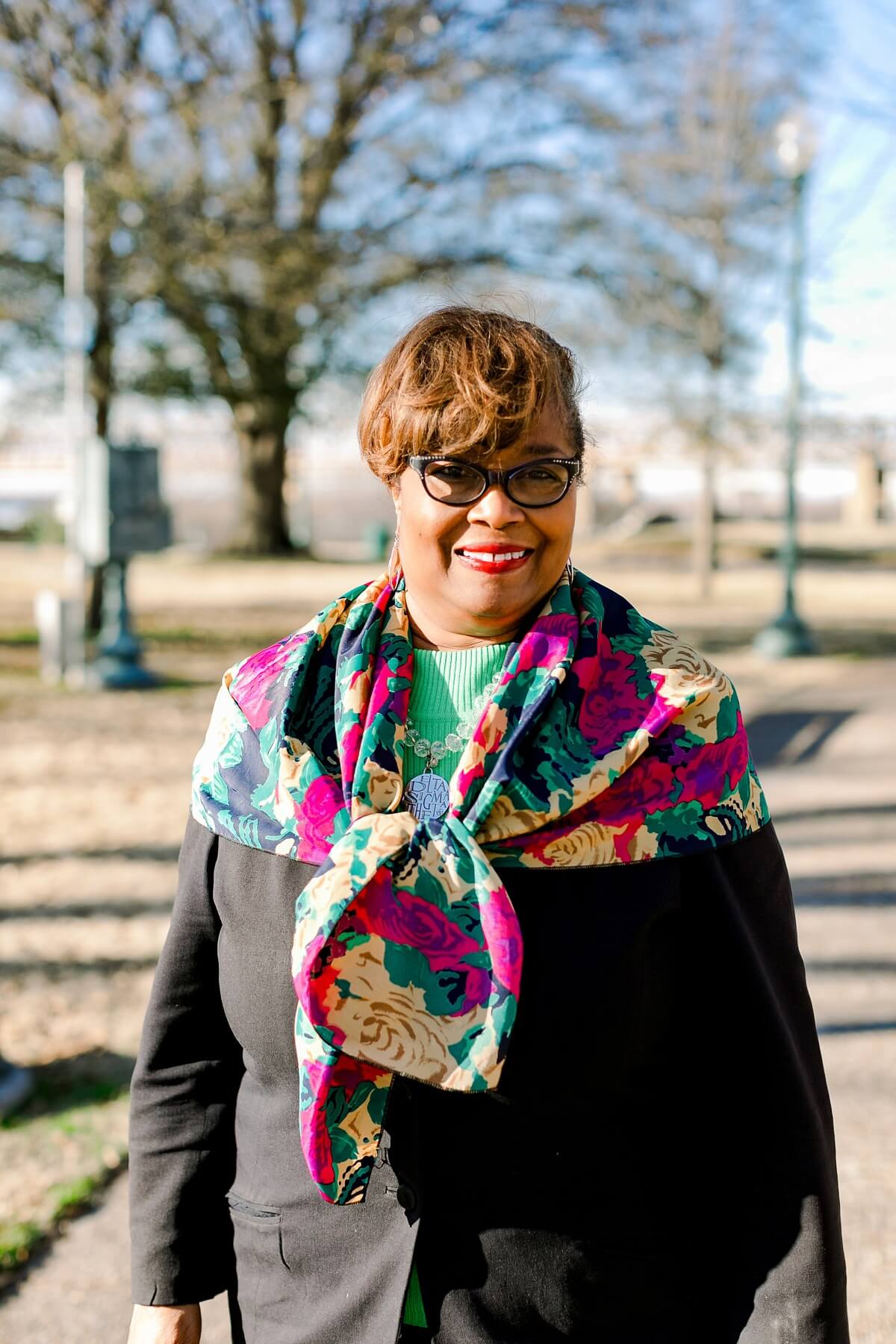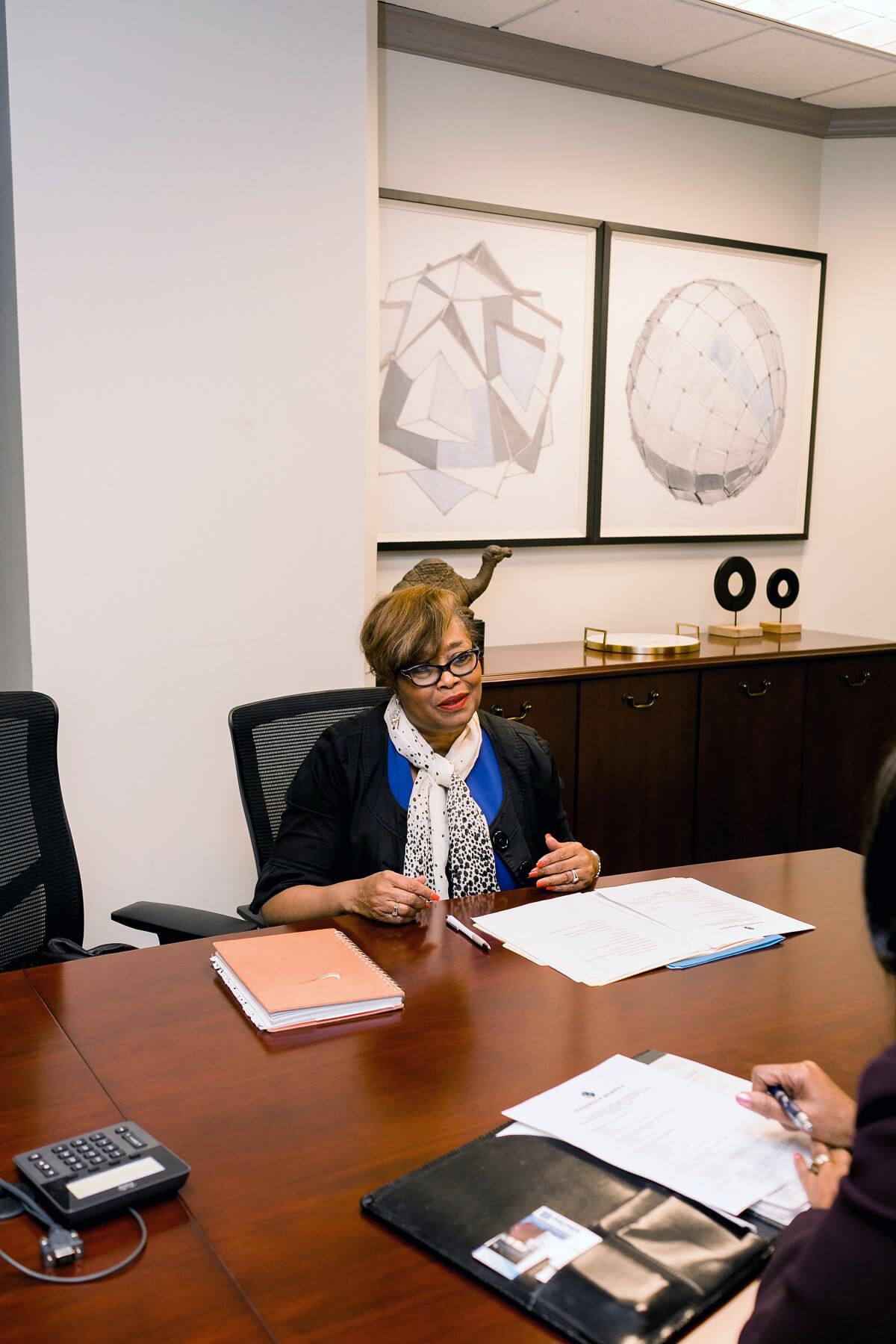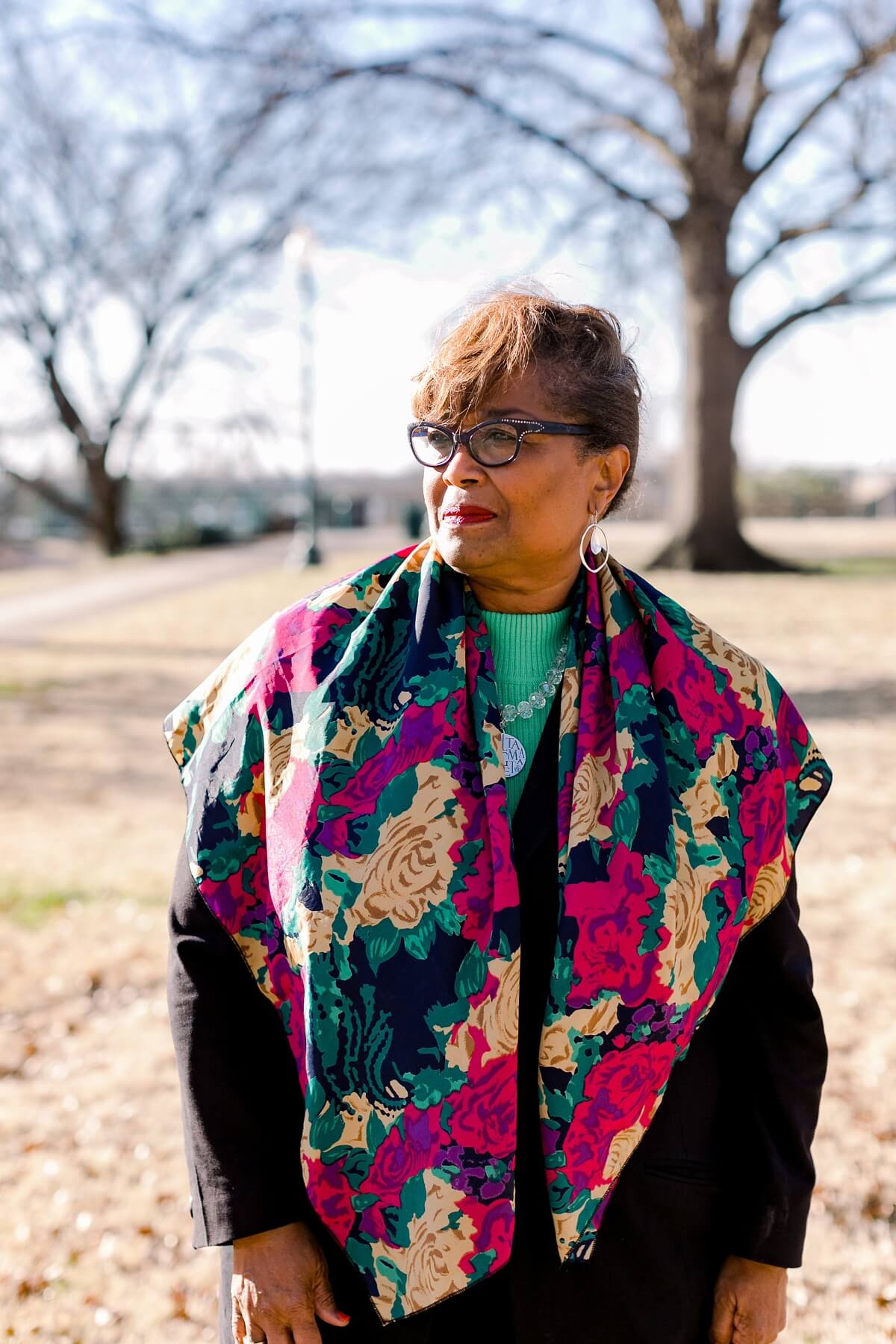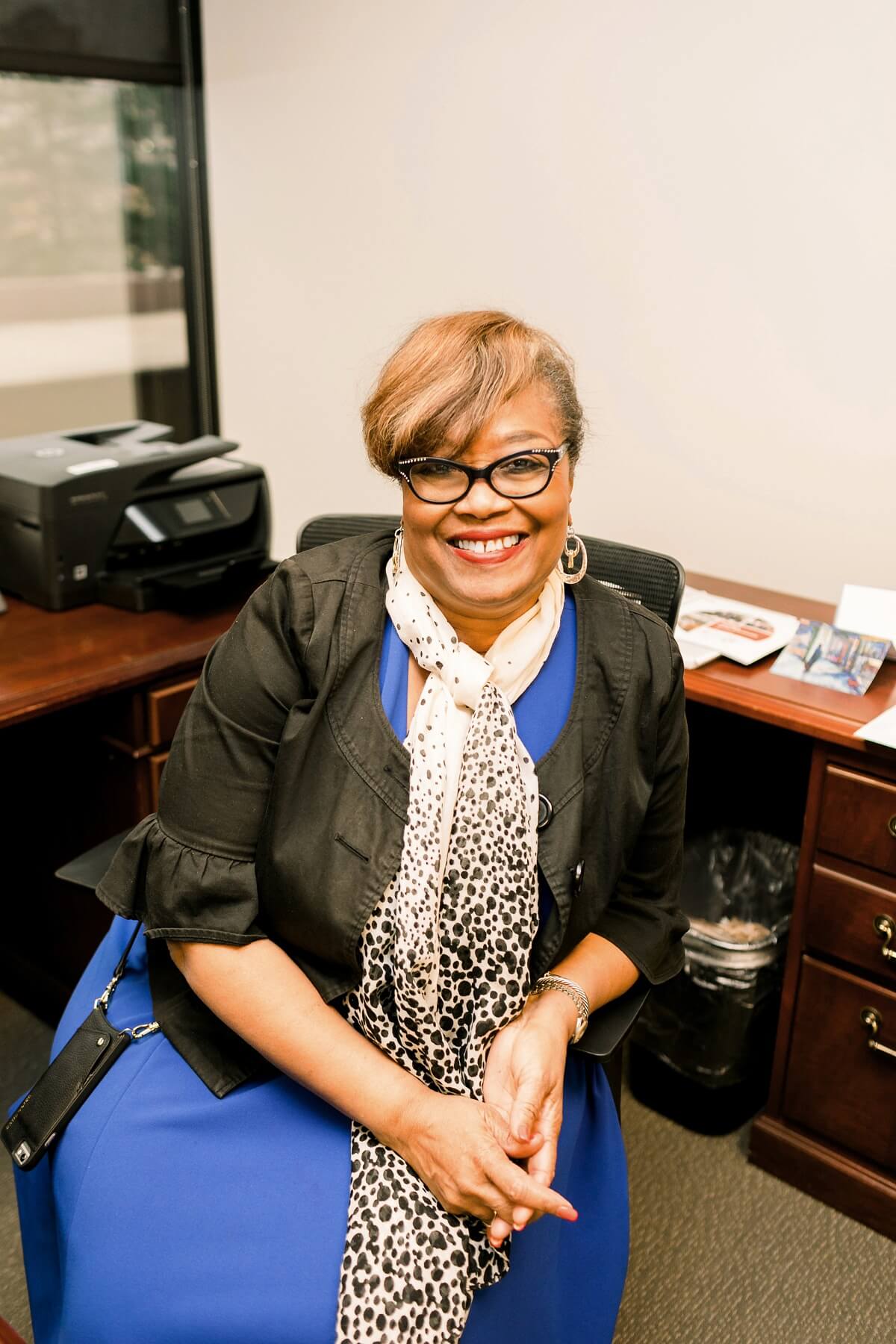Black-owned agencies asphyxiated by media buyers, advertisers
By Howard Robertson – CEO and president, Trust Marketing Updated
When it came to watching "Mad Men," the TV drama about the ruthless, win-at-any-cost ad agency world in the 1960s, I was one and done.
I watched one episode, and it was enough for me. My friends love it, and some are shocked because they know I dearly love the marketing and advertising industry in which I have been blessed to spend most of my 45-plus-year career.
They thought since I could readily relate, it would be one of my faves and “must see TV” for me.
I can relate — and for that reason I can’t stand the show.
When I watched the show’s lead character (Don, I think), I didn’t see cool, creative, and confident. I saw exclusion, racism, and privilege. Black people were disregarded, discriminated against, and disrespected as people and as consumers. Sadly, vestiges of that same character exist in too many agencies now, 60 years later.
There is more diversity in advertising and marketing agencies today. There are many more women in positions of responsibility and power now. The unequivocally smartest people in most agencies back in the day were women relegated to careers as assistants or maybe topping out as media buyers.
Now there are more people of Asian descent, more Latinos and Hispanics, and more people who identify as LGBTQ. But, not more African-Americans and even fewer Black men.
There are privileged positions and places in agencies, including creative departments and C-suites, that are white, exclusive, and reminiscent of the “good ol’ days” of "Mad Men." In the creative spaces it seems better to employ white people capable of appropriating Black vernacular, style, and originality in ads. But of course, the dearth of Black people “has nothing to do with race.” By all means, they’d love to hire more African-Americans … if they could find some or if they were qualified or if there’s a good fit.
That reminds me of the time after the Voting Rights Act and Blacks showed up at a great many Southern polling places. White election officials would say, “Sure, y’all can vote IF you can pay the $50 poll tax, or IF you can pass this little test, or IF you can tell us exactly how many jelly beans in that jar over yonder.”
The media ecosystem, while nourishing and nurturing those who happen to look like agency decision makers, is toxic and asphyxiating to Black-owned media. Like those Southern voters, Black radio stations, for example, show up at agencies ready to do business, only to encounter a barrage of barriers; — with agencies doing what NFL teams pay big offensive tackles to do: block.
Black-owned media groups are blocked if they are not rated (because they can’t afford to subscribe). They’re blocked because, typically, media buyers don’t buy as many urban-format stations as non-urban formats. They’re vigorously blocked when their cost per points (cpp) or cost per thousands (cpm) are higher than agency target costs that apparently are etched in stone pillars, sent by God and must never be broken. This systemic exclusion is punishing and pervasive, but protocol.




